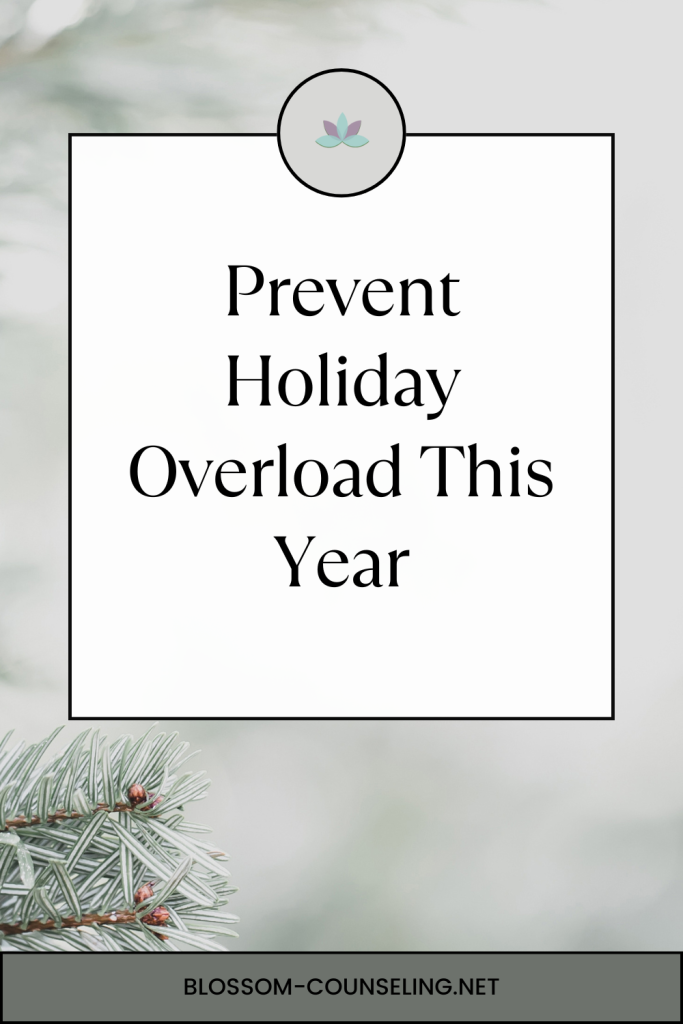
Have you ever found yourself stuck in a never-ending cycle of overthinking, even about the smallest decisions? Should you get that almond milk latte or the classic cappuccino? Should you wear the red shirt or the blue one? Or maybe, you’ve pondered on the heavier questions like, “Is this the right job for me?” or “Should I move to a new city?”
Enter the wonderful world of intuition.
What is Intuition, Anyway?
Intuition is that ‘gut feeling’ or ‘inner voice’ we often hear about. It’s a kind of knowing or understanding something without the need for conscious reasoning. Think of it as your internal GPS that guides you based on the wealth of your experiences and the unconscious knowledge you’ve amassed.
Why Should You Trust Your Intuition?
Speedy Decision-making: Overanalyzing every detail can lead to the infamous ‘analysis paralysis.’ Intuition allows you to make decisions faster, freeing up brain space for other things.
Boosts Creativity: By trusting your intuition, you allow space for creative solutions to bubble up without the boundaries of over-rationalization.
Deepens Connections: Ever met someone and felt an instant connection or, conversely, a discomforting vibe? That’s your intuition at play, helping you read and respond to social cues.
The Intuition and Brain Connection
For those who like a side of science with their self-awareness, let’s dive in a bit. The brain is always working, processing vast amounts of information even when we’re not aware of it. Intuition is essentially your brain sifting through this data and offering up a conclusion without showing you the entire working-out process.
Avoiding Analysis Paralysis: Tips and Tricks
Pause and Breathe: Before making a decision, take a moment to breathe deeply. This calms the mind, reducing noise and allowing your intuition to come forward.
Journaling: Writing down your feelings and thoughts can help in recognizing patterns and understanding what your intuition is trying to communicate.
Practice Mindfulness: Engaging in activities like meditation or even just a mindful walk can help you connect with your inner self, making it easier to hear your intuitive voice.
Seek Feedback but Limit Input: It’s good to get advice from others, but having too many opinions can drown out your own feelings. Aim for a balance.
Take Action: Even if it’s a small decision, act on your intuition and observe the outcomes. The more you do this, the better you’ll get at discerning between genuine intuition and mere impulse.
Your intuition is like a muscle. The more you use it, the stronger it becomes. And while it’s essential to use logic and reason, sometimes, the best decisions come from a place deep within – a place that just feels right.
If you ever feel overwhelmed or uncertain about how to balance logic with intuition, remember that support is available. A chat with a trusted therapist or counselor can offer insights into harmonizing the head and the heart.
So next time you’re at that coffee shop, stuck between the almond milk latte and the classic cappuccino, take a deep breath and trust your gut. The journey to self-awareness and intuitive decision-making might just start with a sip!
|
|




